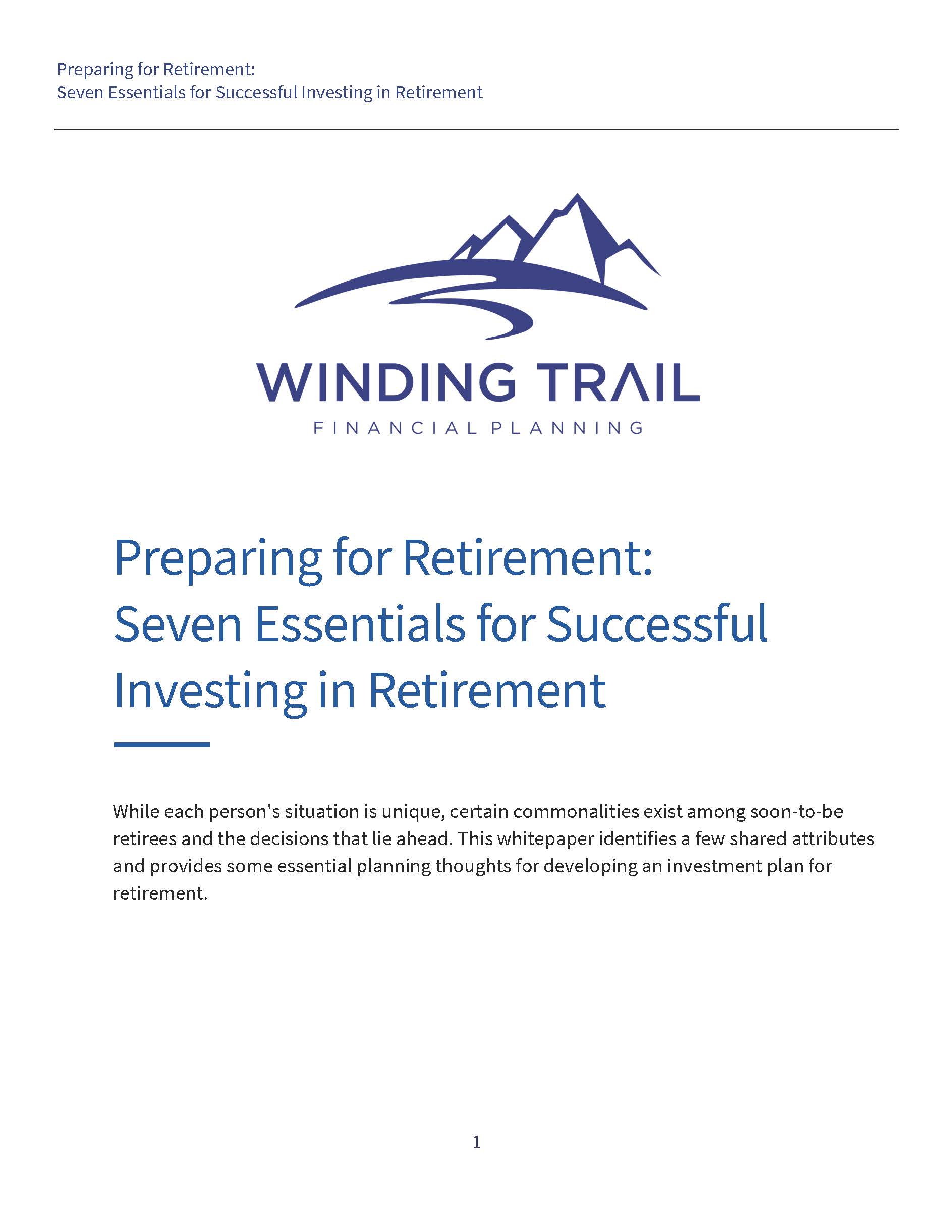Should You Hire a CPA or Prepare Your Own Taxes?
Mar 1, 2024

Tax season is here—the IRS is now accepting returns—and you might be asking yourself: Should I hire a CPA or do my taxes myself?
The answer isn’t the same for everyone. Let’s walk through when the DIY route makes sense, and when it’s worth bringing in a professional.
Can’t I Just DIY My Taxes?
Absolutely. Tax preparation software has come a long way. Today, you can easily import W-2 income, brokerage transactions, and even cryptocurrency data directly into popular programs.
Plus, the Tax Cuts and Jobs Act of 2017 significantly increased the standard deduction. That means far fewer people need to itemize deductions—a big simplification. In fact, the Tax Foundation estimates that less than 15% of taxpayers itemized in 2019, down from roughly 31% under the old rules.
If your situation is straightforward and you’re comfortable navigating tax forms, the DIY approach could work just fine. Many software platforms let you start for free and only pay when you file, so you can decide midstream whether you need more help.
But here’s the catch: Taxes are applied law. They’re not always black and white—there’s a lot of “it depends.” While software is great at helping you input numbers, it’s not the same as having a professional analyze your unique situation.
If you’re still on the fence, here are some common situations where it’s worth hiring a CPA or experienced tax preparer.
1. You’re an Independent Contractor (1099 Income)
As a W-2 employee, taxes are withheld automatically—federal income tax, Social Security, Medicare, and sometimes state or local taxes.
As a 1099 independent contractor, you’re essentially running your own mini-business. That means paying both income tax and self-employment tax directly—plus keeping up with quarterly estimated payments to avoid penalties.
You may also qualify for valuable business deductions. A CPA can help you track these, avoid surprises at tax time, and make sure you’re not missing deductions you’re entitled to.
2. You Own a Business
Now take the complexity of being a contractor and multiply it. Business owners have to manage:
Multi-state tax exposure (especially with remote employees)
Payroll and employment tax filings
Employee benefits and retirement plans
Choice of business entity for tax efficiency
Succession or exit tax planning
A good tax advisor doesn’t just file your return—they become part of your year-round advisory team.
3. You Have Rental Property
Rental real estate is a tax niche all its own. It comes with benefits like depreciation deductions, 1031 exchanges, and unique capital gains rules—but also added complexity.
A CPA can help with:
Setting up books and records (treating rentals like the business they are)
Choosing the right ownership structure
Calculating correct depreciation
Staying compliant with ever-changing rules
Even if you just hire a pro for your first year, it can save you headaches later.
4. You Receive Equity Compensation
If you have stock options, RSUs, ESPPs, SARs, or ESOPs, the timing of when you exercise or sell can have a huge tax impact.
A tax professional can help you model different scenarios and understand the long-term consequences before you make big moves.
5. You Have Complex Investments or “One-Off” Situations
Here are a few examples:
Receiving a Schedule K-1 as a partner in a business
Owning Master Limited Partnerships (MLPs)
Day trading or being a real estate professional
Claiming energy credits for solar or other green improvements
Paying “nanny tax” for household employees
These are areas where “winging it” with software can lead to costly mistakes.
6. You Value Peace of Mind
Just because you can do your own taxes doesn’t mean you should. For many people, the time, stress, and potential mistakes aren’t worth it.
The tax landscape changes constantly—recent laws like the Tax Cuts and Jobs Act and the SECURE Act have brought major shifts. Hiring a professional who keeps up with these changes can give you confidence your return is correct and your strategy is sound.
The Bottom Line
If your tax situation is simple, DIY software may be all you need. But once complexity creeps in—through self-employment, business ownership, real estate, equity compensation, or special tax credits—it’s worth having a CPA in your corner.
Want to see how taxes fit into your bigger financial picture? Schedule an intro call with us.
Disclaimer: None of the information provided herein is intended as investment, tax, accounting or legal advice, as an offer or solicitation of an offer to buy or sell, or as an endorsement, of any company, security, fund, or other securities or non-securities offering. The information should not be relied upon for purposes of transacting securities or other investments. Your use of the information is at your sole risk. The content is provided ‘as is’ and without warranties, either expressed or implied. Winding Trail Financial Planning, LLC does not promise or guarantee any income or particular result from your use of the information contained herein. Under no circumstances will Winding Trail Financial Planning, LLC be liable for any loss or damage caused by your reliance on the information contained herein. It is your responsibility to evaluate any information, opinion, or other content contained.
Plan Your Next Chapter
Download our free guide "Seven Essentials for Successful Investing in Retirement" and get clarity on what really matters for your retirement success.

